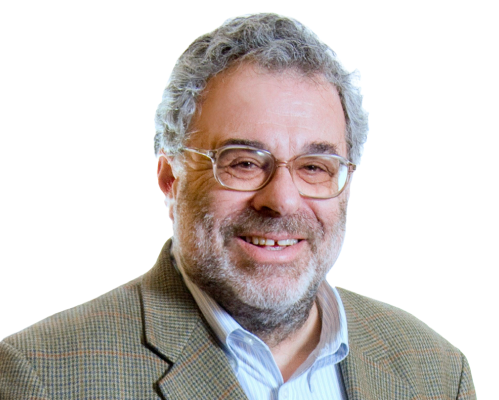Human Genetics and Disease Discovery
In honor of David Botstein, PhD, Ronald W. Davis PhD, and David S. Hogness, PhD for their seminal contributions to the concepts and methods of creating a genetic map in the human, and of positional cloning, leading to the identification of thousands of human disease genes and ushering in the era of human genetics.


David Botstein
Opening Remarks
Jeffrey S. Flier, MD
Dean of the Faculty of Medicine, Harvard University
Moderated by
Stephen Elledge, PhD
Gregor Mendel Professor of Genetics and Medicine, Harvard Medical School and Brigham and Women’s Hospital; Investigator, Howard Hughes Medical Institute
Fred Winston, PhD
John Emory Andrus Professor of Genetics, Harvard Medical School
Remarks and Reflections
Ronald W. Davis, PhD
Professor of Biochemistry and Genetics; Director, Stanford Genome; Technology Center, Stanford University School of Medicine
David Botstein, PhD
Anthony B. Evnin Professor of Genomics, Princeton University
Invited Speakers
Steven McCarroll, PhD
Assistant Professor, Department of Genetics, Harvard Medical School; Director of Genetics, Stanley Center for Psychiatric Research, The Broad Institute of MIT and Harvard
Where Is the Rest of the Human Genome?
David Altshuler, MD, PhD
Professor of Genetics and of Medicine, Harvard Medical School and Massachusetts General Hospital; Deputy Director and Chief Academic Officer, The Broad Institute of MIT and Harvard
Human Genetic Variation and Common Disease
Richard P. Lifton, MD, PhD
Sterling Professor and Chair, Department of Genetics; Professor of Genetics, Internal Medicine & Molecular Biophysics & Biochemistry, Yale University School of Medicine; Investigator, Howard Hughes Medical Institute
Rare Variants, Therapeutic Targets, and the Future of Medicine

Sign up to receive updates

For questions about the prize, please contact us.

